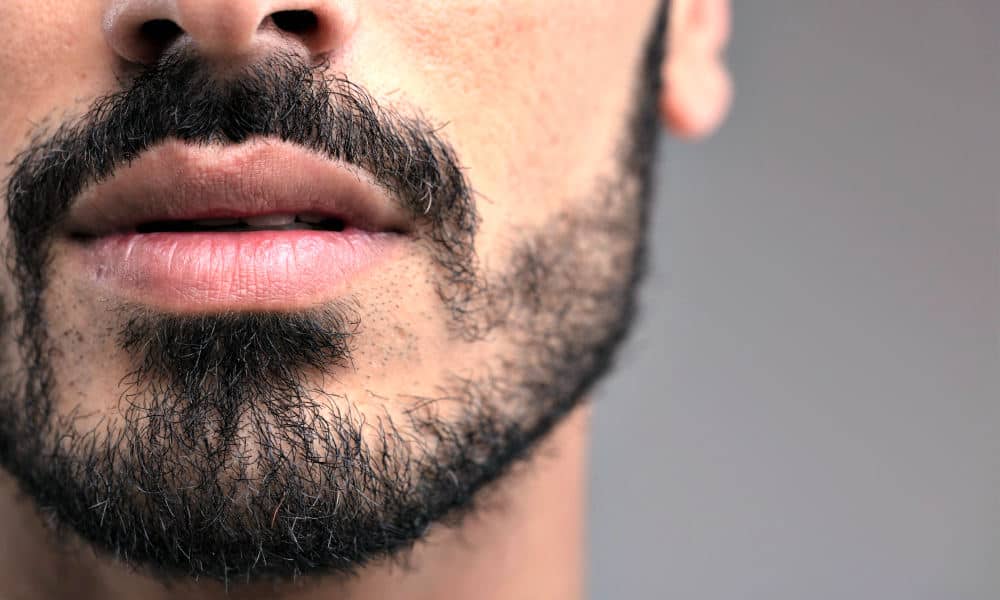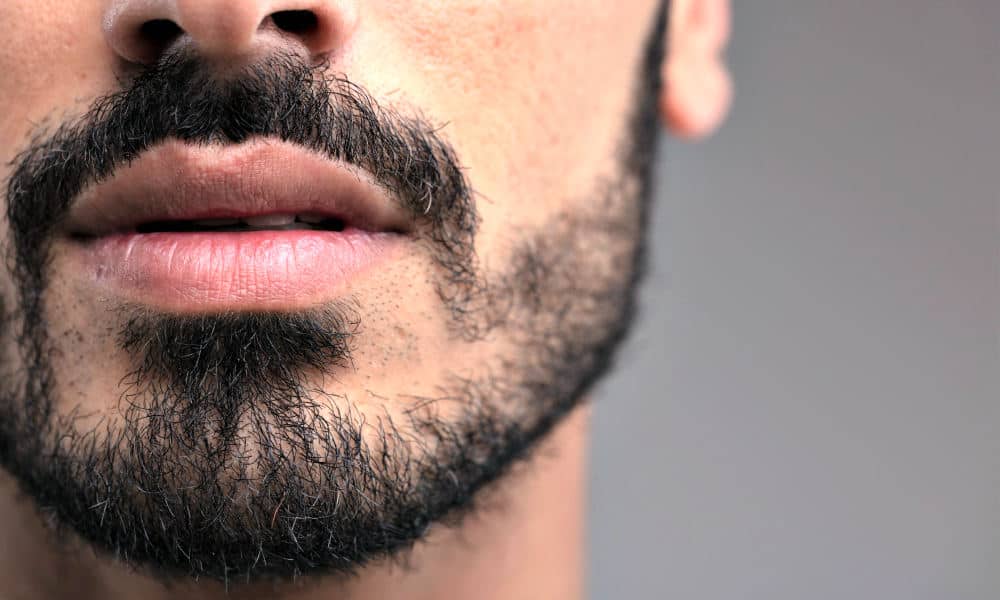Have you ever noticed that your beard doesn’t grow evenly in some areas? It’s a common occurrence that many men experience, and it can be frustrating. Whether it’s patches of bare skin or sparse growth, these “beard bald spots” can leave you feeling self-conscious. But don’t worry, there are various reasons why this may happen, ranging from genetics to hormonal imbalances. In this article, we will explore the causes behind the phenomenon of beard not growing in some spots and discuss some possible solutions to help you achieve the full, luscious beard you desire. So, let’s unravel the mystery behind those elusive beard patches and find a solution that works for you.

Potential Causes for Patchy Beard Growth
Are you struggling with patchy beard growth? Don’t worry, it’s a common concern that many men face at some point in their lives. There are several factors that can contribute to your beard not growing in some spots. Understanding these potential causes can help you take the necessary steps to promote healthy and even beard growth.
Genetic Factors
Genetics play a significant role in determining the thickness and pattern of your facial hair. If your family members have a history of patchy beard growth, chances are you may have inherited this trait as well. Unfortunately, there’s not much you can do to change your genetic makeup. However, understanding this factor can provide some reassurance and help you adjust your expectations.
Hormonal Imbalances
Hormones also play a crucial role in beard growth. Testosterone, the primary male hormone, promotes facial hair development. However, imbalances in hormone levels can interfere with this process and result in patchy growth. If you suspect hormonal imbalances, it’s important to consult with a healthcare professional who can evaluate and potentially treat any underlying issues.
Nutritional Deficiencies
Your diet and nutrition can significantly impact your beard growth. Several key nutrients are essential for healthy hair follicle development. Let’s dive into some specific nutritional deficiencies that might contribute to patchy beard growth.
Vitamin Deficiencies
Vitamins play a crucial role in maintaining overall health, and they are equally important for promoting beard growth. In particular, vitamins A, C, and E are known to support healthy hair growth. These vitamins can be found in various fruits and vegetables, such as carrots, citrus fruits, and leafy greens. Ensuring you consume a well-balanced diet rich in these vitamins can aid in promoting a fuller beard.
Protein Deficiency
Proteins are the building blocks of hair, and a lack of protein in your diet can lead to weak and sparse facial hair. Ensure you consume adequate amounts of protein-rich foods like lean meats, fish, eggs, and legumes. If you’re considering dietary supplements, consult with a healthcare professional to ensure they are suitable for your needs.
Mineral Deficiencies
Minerals like zinc and iron are vital for healthy hair growth, including your beard. Iron deficiency, in particular, can lead to hair loss and slow beard growth. Include foods like shellfish, lean red meat, spinach, and nuts in your diet to ensure you’re getting sufficient amounts of these minerals.
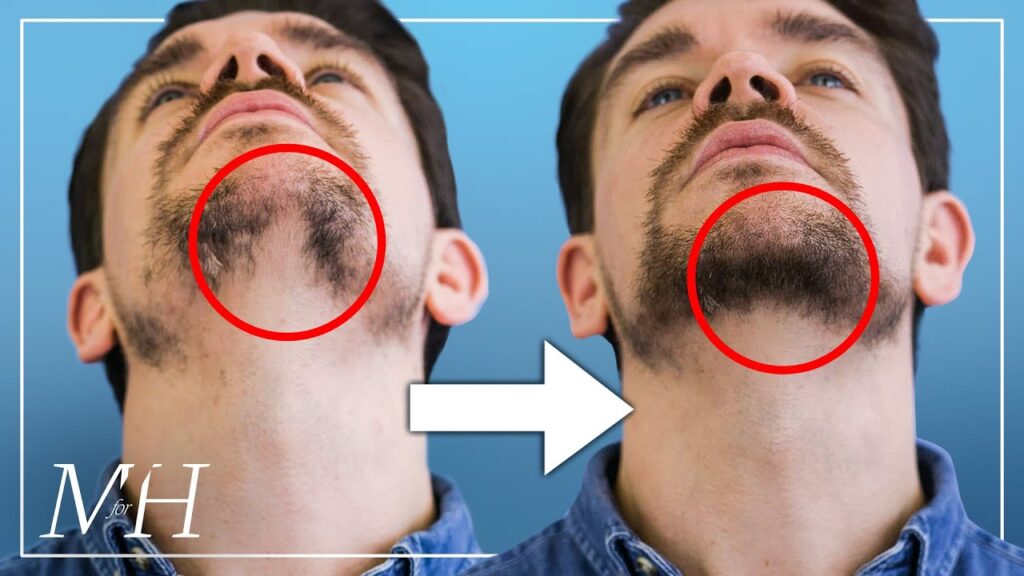
Stress and its Impact on Facial Hair
Stress can have a significant impact on your overall health, including your beard growth. When you’re stressed, your body releases a hormone called cortisol, which can interfere with the natural hair growth cycle. Managing stress through relaxation techniques, exercise, and a healthy lifestyle can help promote better beard growth.
Skin Conditions and Inflammation
Skin conditions like eczema, psoriasis, or folliculitis can cause inflammation and hinder beard growth. These conditions can lead to hair follicle damage and even hair loss. It’s important to seek medical advice if you suspect you have any underlying skin conditions to receive appropriate treatment and promote healthy beard growth.
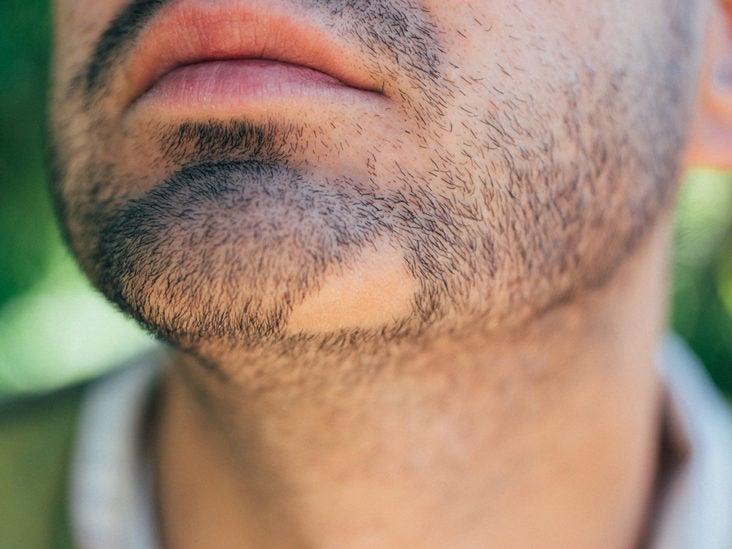
Medications and Medical Treatments
Certain medications, such as chemotherapy drugs, may lead to temporary hair loss, including your beard. Additionally, some medical treatments like radiation therapy can also affect hair growth. If you’re undergoing any medical treatments, consult with your healthcare provider to understand the potential impacts on your beard growth.
Facial Hair Care Routines and Products
Your facial hair care routine and the products you use can make a significant difference in your beard growth. Proper grooming practices can help maintain a healthy and fuller-looking beard.
Regularly washing and conditioning your beard can keep the hair and underlying skin clean and nourished. Avoid using harsh shampoos or soaps that strip away natural oils. Instead, opt for beard-specific products that are gentle and moisturizing.
Trimming your beard regularly can help manage uneven growth and maintain a neater appearance. Use sharp and high-quality trimming tools to achieve precise results.
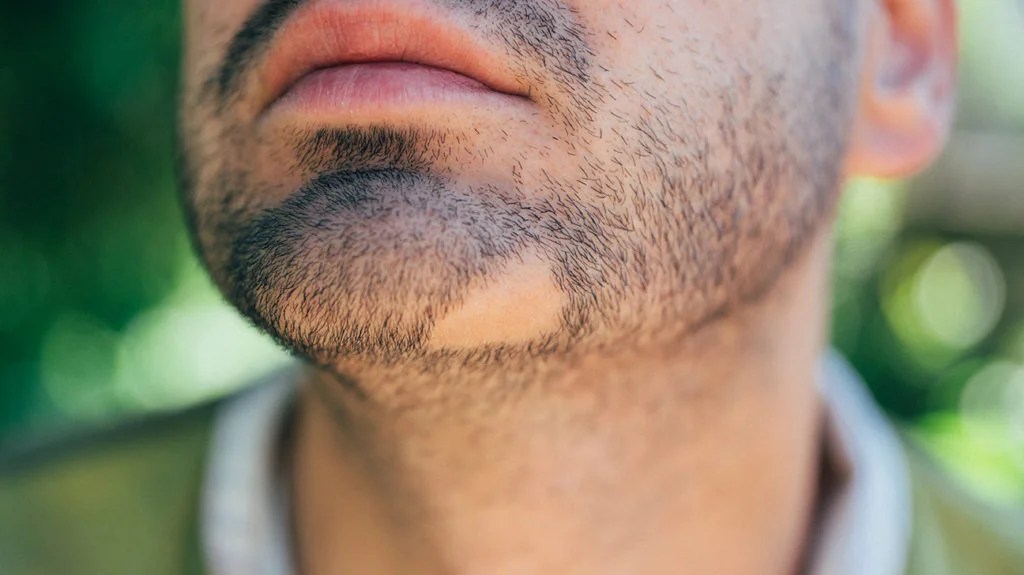
Natural Remedies to Promote Beard Growth
While there’s no magic solution to instantly fix patchy beard growth, some natural remedies may help promote healthier hair follicles and stimulate beard growth.
Massaging your face with essential oils, such as rosemary or lavender oil, can improve blood circulation to the hair follicles and promote growth. Apply a few drops to your fingertips and gently massage the areas where your beard is sparse.
A balanced diet rich in fruits, vegetables, and proteins can provide essential nutrients for hair growth. Consider incorporating foods like avocados, nuts, and seeds that are known to support healthy hair growth.
Seeking Professional Help
If you’ve tried various remedies and techniques but still struggle with patchy beard growth, it may be time to seek professional help. Dermatologists and healthcare professionals can evaluate your specific situation, identify any underlying issues, and recommend appropriate treatments. They may suggest options such as topical medications, hair transplantation, or hormone therapy to help achieve a fuller and more even beard.
Remember, growing a beard is a journey, and it’s unique to each individual. Embrace your natural growth pattern and focus on maintaining a healthy lifestyle. With patience and the right approach, you can enhance your facial hair growth over time.
